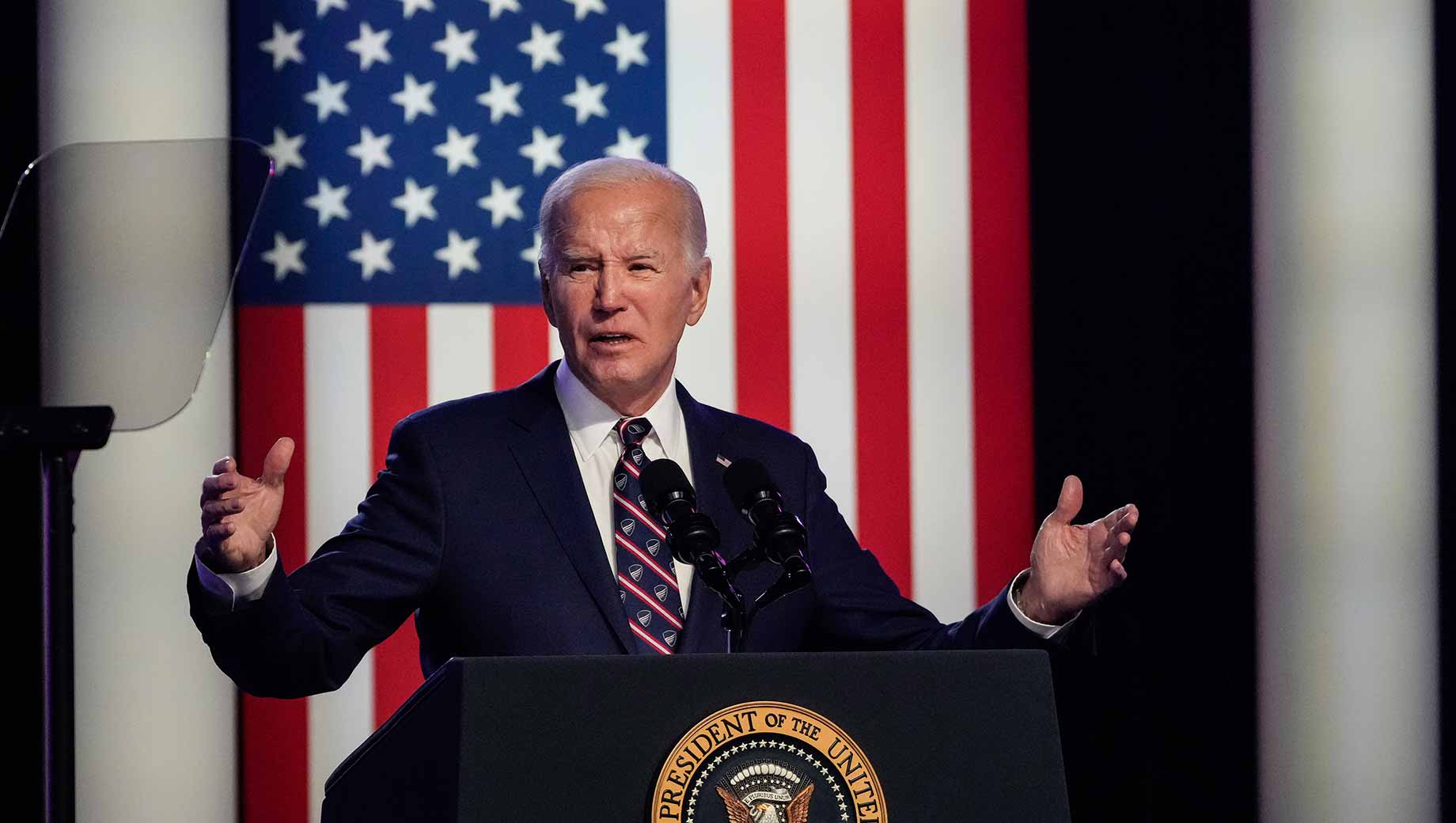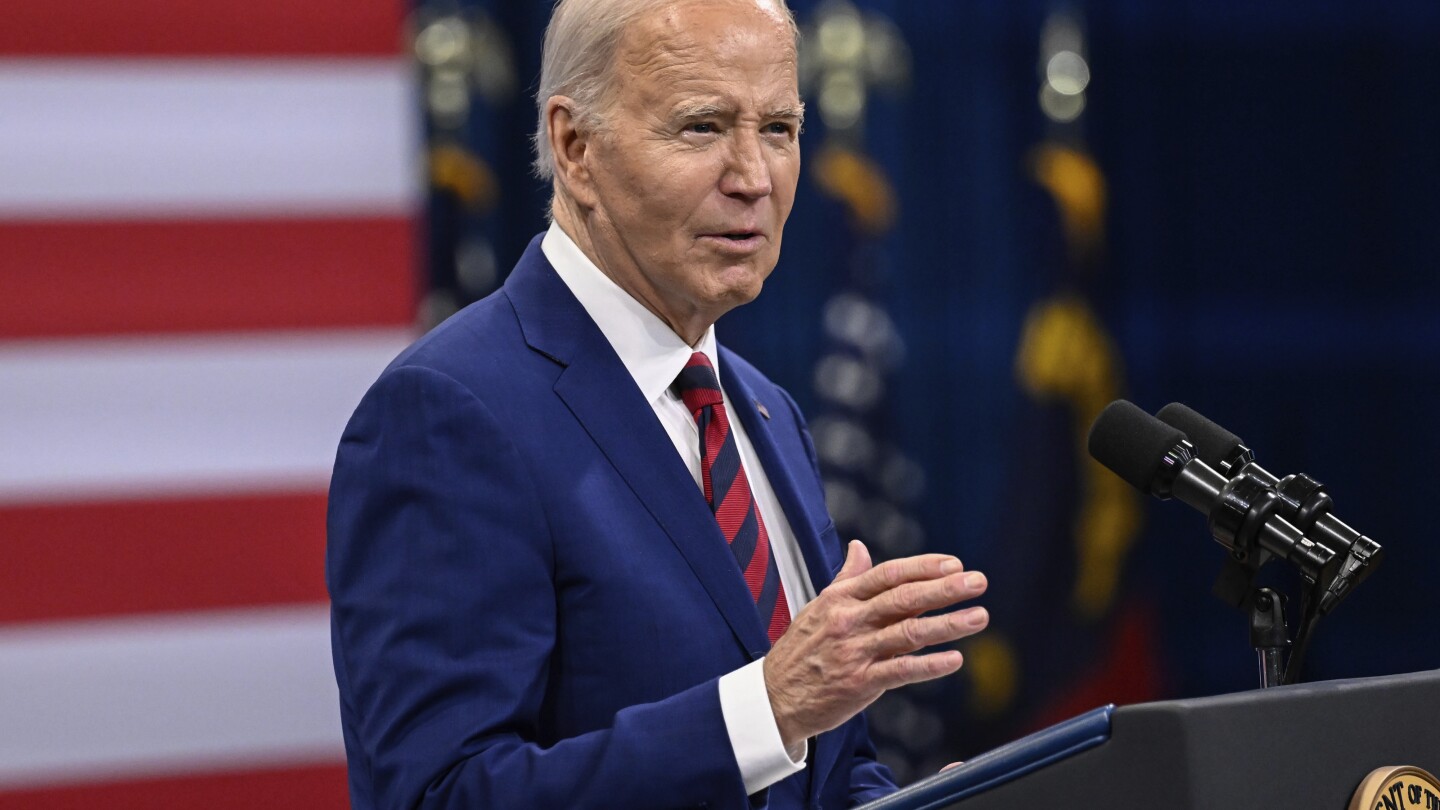The American sentiment towards presidential power and the balance of governmental authority reflects a complex interplay of political affiliation and the perceived effectiveness of Congress.
Many citizens, like Richard Bidon, express a desire for a strong presidency when their party holds power, advocating for unilateral action to enact policies. This sentiment is echoed by others, such as Bob Connor, who feel frustrated with congressional gridlock and look to the president for decisive action, particularly on issues like border security.
However, there are differing opinions among Democrats like Joe Titus, who acknowledge the erosion of Congress’s traditional legislative role but remain cautious about expanding presidential power. Titus suggests that while he generally opposes increased executive authority, he supports specific actions by President Biden in areas where Congress appears unable to act effectively, such as immigration and aid to Ukraine.
The trend of presidential power expansion is further underscored by the increasing reliance on administrative policy and executive orders to address national issues, particularly amidst congressional deadlock. The upcoming Supreme Court ruling on federal agency regulations could potentially further shift the balance of power towards the executive branch.

Biden (Credits: Gallup News)
Partisan perspectives also heavily influence perceptions of institutional power. Democrats, currently in control of the White House, are less likely to view the presidency as overly powerful, while Republicans express concerns about executive overreach. Similarly, views on congressional power are divided along party lines, with Democrats and Republicans offering contrasting opinions based on which party holds the majority.
Despite these partisan divisions, there remains a general skepticism toward the idea of a president wielding unchecked power. Many, like Steven Otney, advocate for a balanced approach where major policies require congressional approval and judicial oversight. Otney emphasizes the importance of addressing urgent issues promptly while ensuring decisions are in the best interest of the American people.
The American public’s attitudes toward presidential power reflect a complex interplay of party affiliation, frustration with congressional ineffectiveness, and concerns about the erosion of democratic norms. As the nation grapples with issues of governance and institutional balance, these attitudes shape political discourse and policymaking, influencing the direction of the country.























